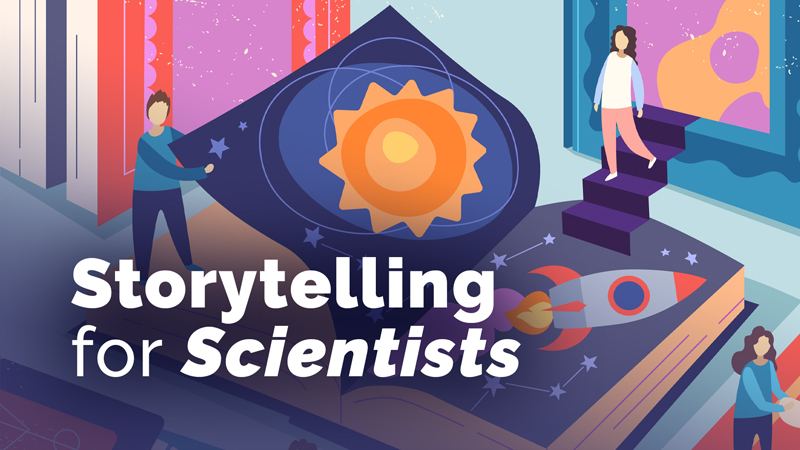-
How to Talk About Research

What does it take to make science stick with an audience? According to Lisa Warshaw and Rob Signer, Ph.D., it’s not just about what you say, but how you say it. In a compelling conversation, they lay out the tools researchers need to communicate complex science clearly and memorably. Whether preparing for a media interview…
-
Science in the White House: Tackling the Triple Crisis

How do we solve climate change, protect biodiversity, and reduce inequality—without treating them as separate problems? That’s the question Jane Lubchenco, Professor of Marine Biology at Oregon State University and former Deputy Director for Climate and Environment in the White House Office of Science and Technology Policy, explored in a recent talk at UC San…
-
Autism Tree Annual Neurodiversity Conference

The Autism Tree Project Foundation (ATPF) is dedicated to improving autism and neurodiverse communities by enhancing early autism diagnoses and providing support for families. Their initiatives focus on early intervention, education, and fostering community connections to ensure individuals with autism and their families receive comprehensive assistance. The Foundation hosts the Annual Neurodiversity Conference, a platform…
-
Medicine of the Future
UCSF has a long history of pioneering biomedical research and a bold vision for advancing science and seeking new ways to improve health care delivery nationwide. But, what does that actually mean in the near future and beyond? This new series, part of the popular Mini Medical School for the Public, takes you inside the…
-
How a Year in Space Affects the Human Body
Science fiction has long promised an age of interplanetary human existence. Scenes of spaceships hopping from one galaxy to the next are so common, it seems almost inevitable that future generations will one day vacation on Mars. But, if we are ever going to achieve life on other planets, we first have to figure out…
-
We Are All Africans
Svante Pääbo once said, “We are all Africans, either living in Africa or in recent exile from Africa.” It is now abundantly clear that Africa was the “cradle of humanity,” with multiple waves of hominins arising on that continent and spreading across the old world, eventually being effectively displaced by our own species, which also…
-
Engineering Mosquitos to Fight Malaria
Mosquitos are the deadliest animal on Earth. They spread diseases like yellow fever, chikungunya, West Nile virus and malaria. Malaria alone killed 435,000 people and infected another 219 million in 2017 according to the World Health Organization. There are widespread efforts to combat mosquito-borne illnesses, including revolutionary new gene editing techniques. Ethan Bier and Valentino…
-
Why Do People Reject Good Science?
Many people will consider factual information and it will change their understanding. But there are some for whom, “Providing more, accurate information doesn’t seem to change their opinions or make them alter their erroneous views,” says Eugenie Scott, Founding Executive Director of National Center for Science Education. For example, Americans have a much lower incidence…
-
Marvelous Machines
Lawrence Livermore National Laboratory’s popular lecture series, “Science on Saturday,” returns to UCTV with four different lectures, each exploring the theme “Marvelous Machines.” These presentations are targeted to middle and high school students so we can all get our science on. Checkout these lectures: Biomolecular Action Movies: Flash Imaging With X-ray Lasers, with Matthias Frank…